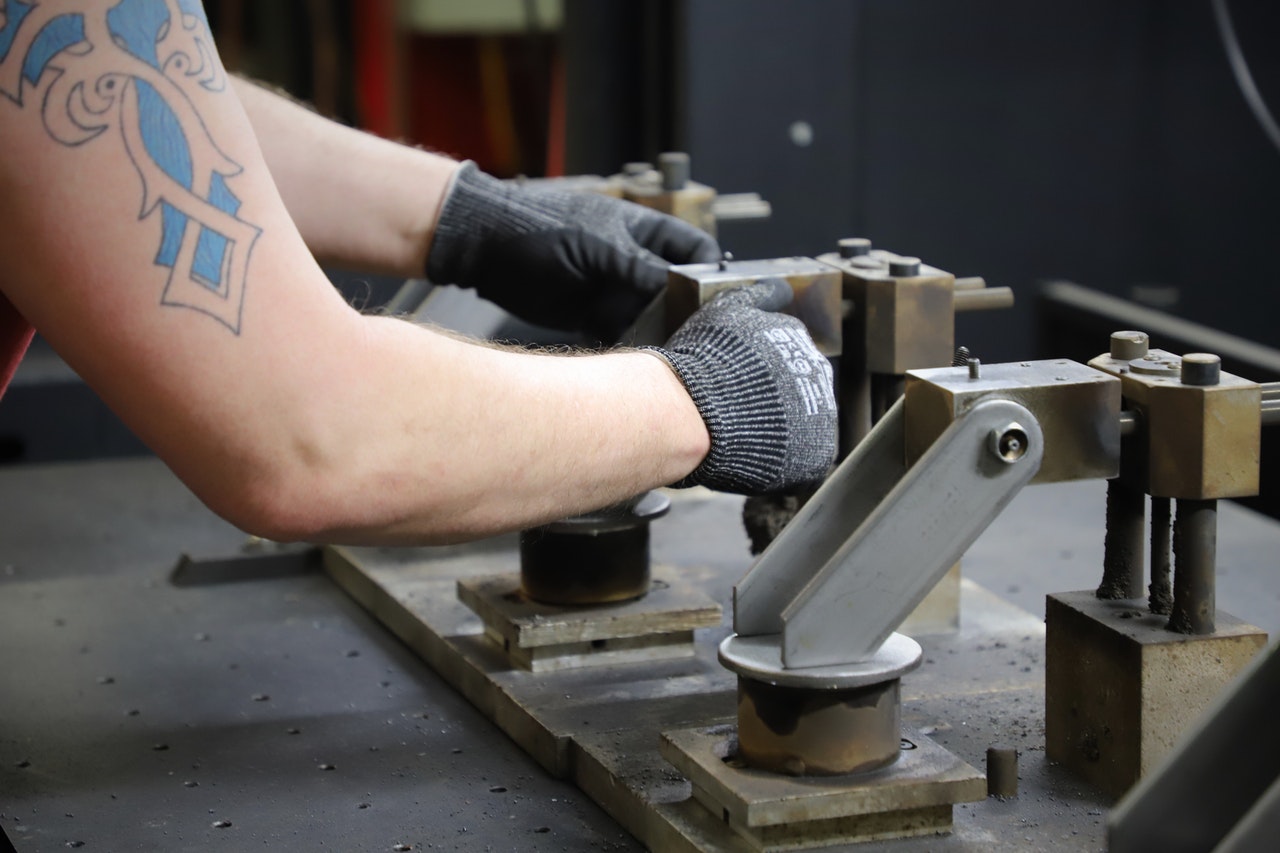
Advancements in technology are quickly changing the landscape of virtually every industry, especially that of manufacturing. Things like 3-D printing, artificial intelligence, and the Internet of Things (IIoT) have been designed to increase production and profit, lower costs and waste, and reduce idle and downtime.
In recent years, the manufacturing landscape has undergone a transformative journey fueled by technological advancements. From automated processes to smart factories, technology is reshaping the way products are designed, produced, and delivered. This shift is not only enhancing efficiency but also unlocking new possibilities for customization and precision.
1. Automation and Robotics Revolutionizing Production Lines
One of the most prominent trends in manufacturing is the increasing integration of automation and robotics. Modern factories are embracing Industrial Artificial Intelligence and various robotic systems to perform repetitive tasks, thus allowing human workers to focus on more complex and creative aspects of production. These machines are equipped with advanced sensors and AI, and can handle intricate assembly processes with speed and accuracy, leading to higher production rates and improved product quality. The use of automation is not limited to large-scale industries; even small and medium-sized enterprises are adopting robotic solutions and AI to simplify their daily operations and stay competitive in the ever-changing market.
2. Custom Parts
In the realm of modern manufacturing, customization is pivotal, driven by technological strides in computer-aided design (CAD) and computer-aided manufacturing (CAM). These advancements empower manufacturers to craft intricate, tailor-made components with precision. Industries like aerospace, medical, and automotive, characterized by exacting standards, benefit immensely from this capability.
Within this technological landscape, CNC (Computer Numerical Control) machines play a vital role. Guided by digital designs from CAD, services like cnc machining by TK Fabrications can execute precise machining processes on diverse materials. This ensures the consistent production of highly customized parts, meeting stringent industry standards.
In aerospace, CNC machining guarantees the precision required for safety-critical components. Similarly, in the medical field, CNC machines contribute to the creation of intricate, customized parts with tight tolerances, ensuring the reliability of medical devices. The versatility of industrial CNC cutting tables further enhances its significance, allowing manufacturers to meet specific requirements across a spectrum of materials in diverse industrial applications.
Moreover, the rise of additive manufacturing, commonly known as 3D printing, has revolutionized the production of custom parts. This technology allows manufacturers to build complex structures layer by layer, enabling the creation of prototypes and end-use parts with unprecedented flexibility. In addition to 3D printing, another crucial aspect of custom parts production is precision machining. Industries rely on graphite machining and similar processes for intricate detailing and finishing. With its exceptional machinability and thermal stability, this kind of machining plays a pivotal role in crafting precision custom parts. Whether it’s creating molds for injection molding or intricate components for electronic devices, additive manufacturing processes have redefined the accuracy and quality expected by modern standards.
3. Smart Factories
The concept of Industry 4.0, often referred to as the fourth industrial revolution, revolves around the integration of digital technologies into manufacturing processes. Smart factories leverage the Internet of Things (IoT), artificial intelligence (AI), and data analytics to create interconnected systems that communicate and optimize production in real time. Sensors and connected devices gather data throughout the production line, providing insights into efficiency, maintenance needs, and product quality. This data-driven approach enables predictive maintenance, minimizing downtime and reducing overall production costs. Furthermore, the implementation of AI algorithms enhances decision-making processes, allowing manufacturers to adapt quickly to changing market demands. As smart factories become more prevalent, the manufacturing industry is experiencing a paradigm shift towards increased efficiency, sustainability, and adaptability.
Conclusion
The growing use of technology in manufacturing is not just a trend but a fundamental shift that is reshaping the industry’s landscape. From automated production lines and precision machining for custom parts to the emergence of smart factories, technology is driving efficiency, flexibility, and innovation. As manufacturers continue to embrace these advancements, the potential for creating high-quality products with customized features and minimizing environmental impact becomes increasingly attainable. In this era of rapid technological evolution, staying abreast of the latest innovations is essential for companies seeking to remain competitive and lead the way in the ever-evolving world of manufacturing.
Thus, the role of technology in manufacturing is increasingly important and here are the ways you can adopt the practices to stay ahead in your field.